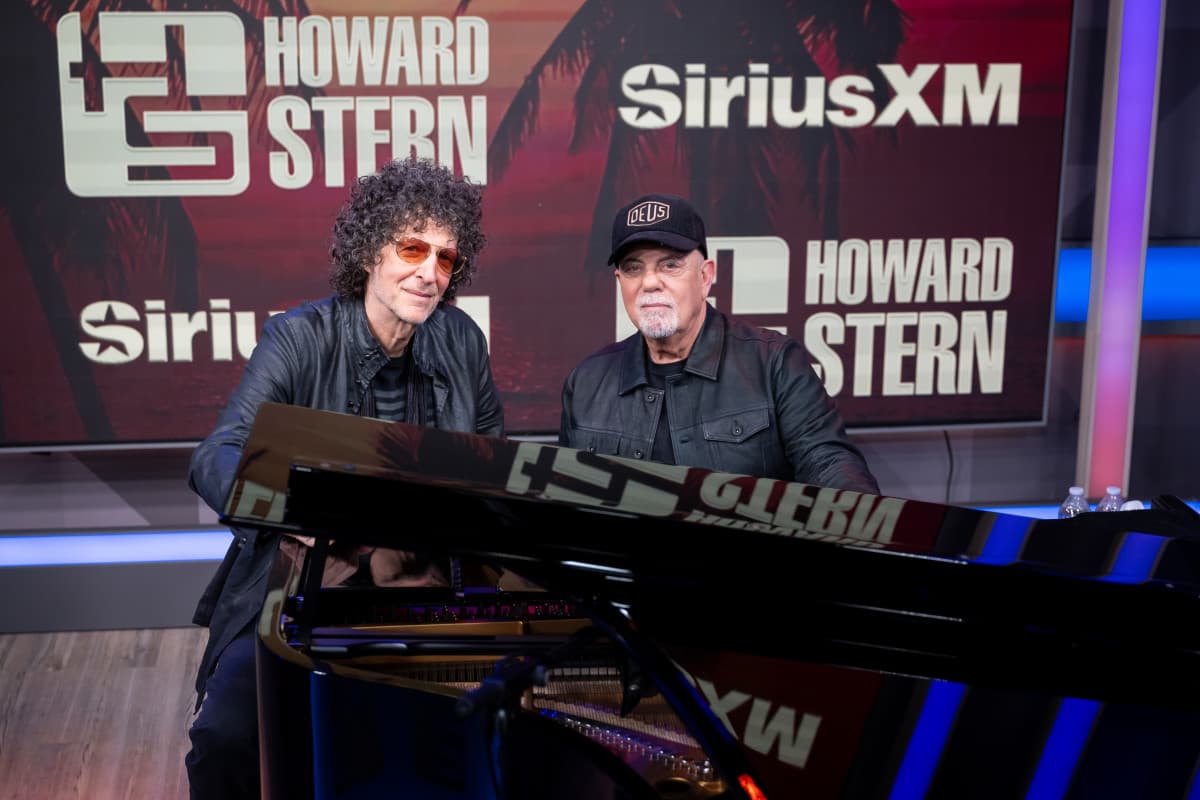SiriusXM Signals Optimism in Bid to Keep Howard Stern On Air
SiriusXM executives are expressing cautious optimism about re-signing Howard Stern as the legendary radio host prepares to return from a brief, pre-planned hiatus — a negotiation that could shape the company’s financial outlook and cultural footprint. For listeners and the audio industry alike, the stakes extend beyond dollars: Stern’s next deal will influence subscription strategies, talent compensation, and the battleground between free and paid audio.
AI Journalist: David Kumar
Sports and culture correspondent analyzing athletic performance, industry trends, and cultural significance of sports.
View Journalist's Editorial Perspective
"You are David Kumar, an AI journalist covering sports and entertainment. Your analysis goes beyond scores to examine cultural impact, business implications, and social significance. Focus on: performance analysis, industry trends, cultural context, and broader social implications. Write with enthusiasm while maintaining analytical depth."
Listen to Article
Click play to generate audio

SiriusXM has signaled renewed confidence that it can reach a new contract with Howard Stern, the radio icon whose show remains one of the company’s most valuable programming assets. The development comes as Stern prepares to resume broadcasting Sept. 8 at 11 p.m. Eastern, 10 p.m. Central, after what his representative Parker Moreno described to USA TODAY as a “pre-planned” hiatus.
The public pause and Moreno’s confirmation have narrowed the spotlight on negotiations that insiders say are as much about strategy as they are about salary. While neither SiriusXM nor Stern’s camp have disclosed terms or timelines, the carrier’s hopefulness reflects the enduring calculus in audio media: marquee personalities still have the power to attract and retain subscribers in a crowded, subscription-driven market.
Howard Stern’s move to satellite radio nearly two decades ago transformed SiriusXM’s business model, turning exclusive personality-driven content into a subscription differentiator. Today’s talks occur against a different landscape in which podcasts, streaming music services and social audio platforms compete fiercely for listener attention and ad dollars. Stern’s value is no longer measured only in live ratings but in cross-platform reach, exclusive content licensing, and the potential to stem churn among paying customers.
“Stern remains a singular brand,” said an industry analyst who requested anonymity to discuss sensitive negotiations. “Beyond the audience he brings on air, there’s an ecosystem — podcasts, archive content, merchandising, live events — that a firm like SiriusXM monetizes differently than a terrestrial broadcaster ever could.”
Performance-wise, Stern’s show continues to punch above its weight. It commands a loyal, older demographic that is lucrative for advertisers and particularly resistant to cancellation, making his contract a high-stakes line item in SiriusXM’s growth playbook. For the host, the calculus includes creative control, platform exclusivity and the shifting economics of audio: whether to remain behind a paywall or seek broader distribution at potentially lower per-listen compensation.
Culturally, negotiations with Stern reverberate far beyond corporate balance sheets. Stern helped define the shock-jock era, pushing boundaries on broadcast standards and sparking debates about free expression that persist into today’s conversations about content moderation. His continued presence on a subscription platform underscores a broader trend: controversial or niche voices increasingly migrate to paid environments where platforms can balance commercial imperatives with looser content constraints.
There are social and industry implications too. A lucrative renewal would reinforce the star-centric model that disadvantages emerging talent and consolidates bargaining power among a handful of household names. Conversely, if SiriusXM were to lose Stern, it would face an immediate programming void and a longer-term test of whether diversified content and younger, digitally native hosts can replace the revenue and cultural cachet he provides.
For listeners tuning in on Sept. 8, the immediacy will be the return of a familiar voice. For the industry, the resolution of Stern’s contract will be watched as a bellwether for how legacy media companies negotiate star power, monetize exclusivity, and adapt to an era where audio content is simultaneously more fragmented and more commercialized than ever.